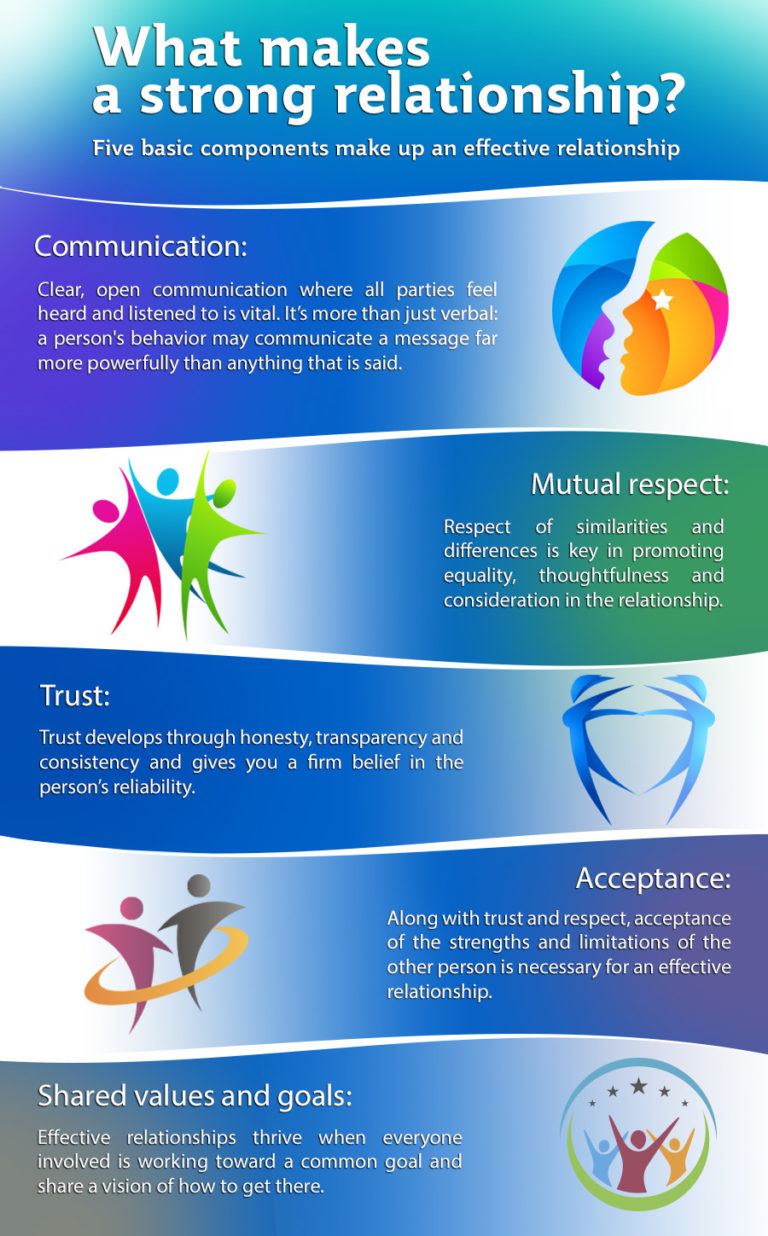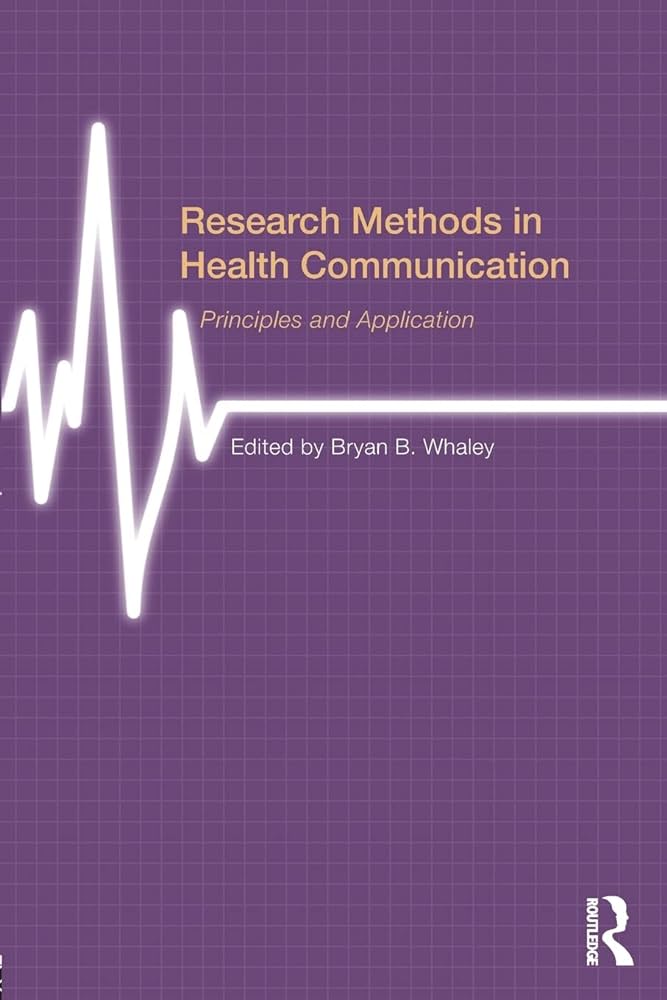Why Should You Consider the Context of Your Communication?
To effectively communicate, it is crucial to consider the context of your communication. This helps ensure the message is understood and received accurately.
By considering the context, you can tailor your communication to suit the specific situation and audience, leading to better engagement and outcomes. Taking into account the context allows you to be mindful of factors such as cultural differences, timing, and the medium of communication.
Contextual understanding enables you to deliver your message more effectively, enhancing communication and fostering positive relationships. Ultimately, considering the context of your communication helps you convey your message with clarity and relevance, facilitating effective and meaningful interactions.
Understand The Importance Of Contextual Communication
Effective communication relies on understanding the context in which it takes place. The importance of contextual communication cannot be overstated. The way we interpret messages is heavily influenced by the context in which they are delivered. Without considering the context, our communication can be misinterpreted or fail to achieve its intended impact.
Contextual factors such as the environment, background information, and cultural norms all play a crucial role in shaping how our messages are received. By being mindful of the context, we can tailor our communication to better align with the needs and expectations of our audience.
This, in turn, leads to more successful and impactful interactions. So, next time you communicate, take a moment to consider the context and ensure that your message is delivered in a way that resonates with your audience.
Tailor Your Message To The Specific Context
Communication is a multifaceted process that requires careful consideration of the context in which it occurs. By tailoring your message to the specific context, you ensure that your message is effective and well-received. Analyzing different communication contexts allows you to adapt your communication style to different situations.
This means adjusting your language, tone, and delivery to match the needs and expectations of your audience. Whether you are communicating in a professional setting, social setting, or online platform, taking the context into account helps you convey your message accurately and appropriately.
So, before you communicate, take a moment to reflect on the context and make any necessary adjustments to ensure that your message resonates with your intended audience. By doing so, you enhance your communication skills and increase the likelihood of successful interactions.
Consider The Cultural Context In Communication
When communicating, it is essential to consider the cultural context to avoid misunderstandings. Cultural differences in communication styles can vary greatly. Understanding these differences can help foster effective intercultural communication. By being aware of the nuances in communication styles, we can ensure that our message is properly received and interpreted by individuals from different cultures.
Non-verbal cues, such as body language and gestures, may carry different meanings across cultures. Additionally, the choice of words and tone can also have varying implications. Therefore, it is crucial to adapt our communication style to accommodate the cultural norms and values of our audience.
By doing so, we can bridge the gap between different cultures and foster mutual understanding.

Credit: www.shemmassianconsulting.com
Be Mindful Of The Social Context
Effective communication is not only about the words we use, but also about the context in which we use them. In order to truly connect with others, it is important to be mindful of the social context in which our communication takes place.
This means recognizing the social dynamics at play and adjusting our communication style accordingly. Different social settings require different approaches, and being aware of this can greatly enhance our ability to effectively convey our message. Whether we are speaking in a professional setting or socializing with friends, understanding the social context allows us to adapt our language, tone, and body language to ensure our message is understood and well-received.
By considering the context of our communication, we can build stronger connections, minimize misunderstandings, and ultimately become more effective communicators.
Communication Context In The Digital Age
Communication context plays a crucial role in today’s digital age. Online communication brings both challenges and opportunities. Adapting communication strategies to digital platforms becomes essential. Effectively conveying messages in a concise yet engaging manner is the key. Understanding the context helps tailor the communication and target the intended audience.
With the vast amount of information available, attention spans are shorter than ever. Captivating content that resonates with readers’ interests and needs is crucial. Furthermore, being aware of the digital environment, including social media platforms and search engine optimization techniques, can amplify the reach of communication efforts.
By considering the context, communication becomes more impactful and increases the chances of achieving desired outcomes. So, be mindful of the context and adapt your communication strategies to effectively connect with your audience in the digital age. That’s the way to thrive in this ever-changing landscape.
Contextual Communication In Professional Settings
Communication in professional settings is greatly influenced by the context in which it occurs. Understanding the importance of considering context in the workplace is crucial for effective communication strategies. By being mindful of the specific environment, individuals can adapt their communication style and tone to suit the situation.
This allows for better comprehension and avoids any potential misinterpretations that can arise from a lack of context. Whether it’s a formal meeting, an email exchange, or a casual conversation, taking into account the context helps to establish credibility and build strong professional relationships.
It also enables individuals to tailor their messages to the intended audience and effectively convey their ideas. By considering the context, professionals can ensure that their communication is appropriate, relevant, and impactful in achieving their intended goals.
The Role Of Nonverbal Communication In Context
Communication is a complex process that extends beyond verbal exchanges. The context in which we communicate plays a crucial role in shaping our message. Nonverbal communication, in particular, is a powerful tool that can greatly enhance our message. Understanding nonverbal cues in different contexts allows us to convey our message more effectively.
By utilizing gestures, facial expressions, and body language, we can complement and reinforce our words. Whether it’s a professional setting, social environment, or personal interaction, nonverbal communication plays a significant role in conveying our intentions. It helps build trust, establish rapport, and strengthen the impact of our message.
So, the next time you communicate, consider the context and leverage the power of nonverbal cues to ensure your message is clear, concise, and impactful.
Anticipating And Addressing Contextual Barriers
Effective communication requires considering the context in which it takes place. By anticipating and addressing contextual barriers, we can ensure better understanding and successful interactions. One important step is identifying potential barriers that may exist in various communication contexts. This allows us to proactively tackle them and find ways to overcome these obstacles.
Strategies for overcoming barriers can include clear and concise messaging, active listening, adapting communication styles, and using appropriate nonverbal cues. By understanding the context and the potential barriers that may arise, we can foster effective communication and establish stronger connections with others.
So, take the time to assess the context of your communication and implement strategies that support clarity and understanding, improving the overall communication experience.
Frequently Asked Questions For Why Should You Consider The Context Of Your Communication
Why Do You Have To Consider The Context Of Communication?
Considering the context of communication is essential because it helps ensure effective and clear understanding between the sender and receiver. Context includes factors such as the setting, culture, relationship, and previous knowledge of the individuals involved in the communication. By considering the context, you can tailor your message to suit the specific situation, avoiding any misunderstandings or misinterpretations.
This is particularly important when communicating with diverse audiences, as cultural differences can greatly impact the meaning of words and gestures. Additionally, the context also plays a role in determining the appropriate tone and language to use. By considering the context, you can ensure that your message is relevant, relatable, and respectful, increasing the chances of successful communication.
What Is Context And Why Is It Important In Interpersonal Communications?
Context refers to the circumstances and environment in which communication takes place. It includes the physical setting, the individuals involved, their relationship, and the cultural, social, and historical factors that shape their interactions. Understanding context is crucial in interpersonal communication as it helps us interpret and give meaning to what is being said.
It provides a framework that influences how we perceive, decode, and respond to messages. Without context, misunderstandings and misinterpretations are likely to occur. Context helps us see the full picture and helps us understand the intentions, emotions, and implications behind the words spoken.
It allows us to adapt our communication style and approach to suit the situation and effectively convey our message. In short, context is essential for effective interpersonal communication as it helps us navigate and understand the complexities of human interaction.
Why Is Considering The Context Of Your Communication Important?
Considering the context of your communication is crucial because it helps ensure that your message is clear and well-received. By taking into account factors such as the audience, the medium, and the social and cultural environment, you can tailor your communication to be more effective and avoid misunderstandings.
How Does Context Impact Communication?
Context has a significant impact on communication because it provides the necessary background information for understanding and interpreting messages. It influences the meaning of words, the tone of the conversation, and the overall effectiveness of communication. Without considering the context, your message may be misinterpreted or misunderstood.
Conclusion
Considering the context of your communication is crucial for effective and meaningful interactions. By understanding the environment, audience, and purpose of your message, you can tailor your approach to achieve the desired outcome. The context provides insights into the cultural, social, and emotional factors that influence how your message is received.
By being mindful of these factors, you can prevent miscommunication, build trust, and foster positive relationships with your audience. Additionally, considering the context allows you to adapt your communication style to various situations, whether it’s a formal presentation or an informal conversation.
Ultimately, by taking the time to consider the context, you can enhance your communication skills and become a more effective and influential communicator. Remember, effective communication is not just about what you say, but also how you say it, taking into account the broader context in which your message is being delivered.





